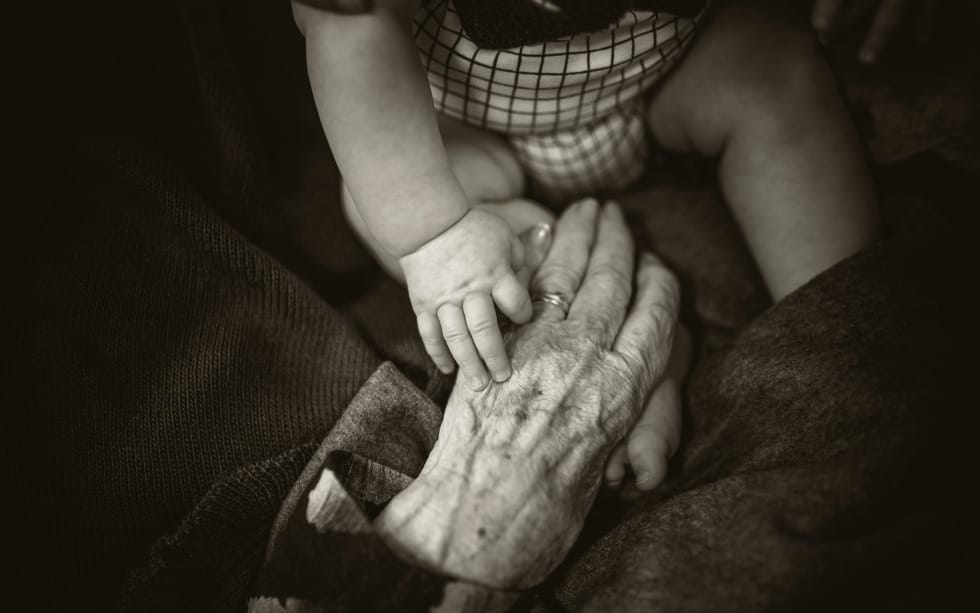The Generational Nature of Sin (2 Samuel 13-14)
Does God forgive when we repent? Absolutely. But like David in Psalm 51 we learn that forgiveness does not always remove the consequences.

2 Samuel 13 - 14
Today's Scripture Passage
A Few Thoughts to Consider
Does repentance eliminate the repercussions of sin?
Unfortunately, no. This is what makes sin so devastating. On one hand, when we pray as David did in Psalm 51 and ask God for forgiveness, our sins are forgiven, but the ramifications of our actions continue. In David’s case, after repenting of his sin, chaos and destruction unfold, and 2 Samuel 13-15 narrates a turbulent period in King David's life marked by familial strife and rebellion.
The narrative begins with the tragic story of Amnon, David's eldest son, who rapes his half-sister, Tamar, leading to his murder by their brother Absalom as revenge. As Mary Evans notes, “Amnon followed his father’s example. For a parent there is no private morality. Behavior and attitudes have repercussions within the family, and the repercussions of David’s actions were manifesting themselves, although not in a way that he would have wished for or envisaged.”[1] As Amnon prepares to Tamar, she says in 2 Samuel 13:12-14:
12 “Don’t, my brother!” she cried. “Don’t disgrace me, for such a thing should never be done in Israel. Don’t commit this outrage! 13 Where could I ever go with my humiliation? And you—you would be like one of the outrageous fools in Israel! Please, speak to the king, for he won’t keep me from you.” 14 But he refused to listen to her, and because he was stronger than she was, he disgraced her by raping her.
These last few words reveal women's low role in society, and one wonders if Bathsheba had similar thoughts when David brought her to the palace.
Because of Tamar’s lack of consent, Verse 15 says, “Amnon hated Tamar with such intensity that the hatred he hated her with was greater than the love he had loved her with.” He commands her to get out, and she responds, “’No,’ she cried, ‘sending me away is much worse than the great wrong you’ve already done to me!’” This was a clear violation of Torah Law in Exodus 22:16, which said, “If a man seduces a virgin who is not engaged, and he sleeps with her, he must certainly pay the bridal price for her to be his wife.”
While Verse 21 tells us David was furious with Amnon for his actions, it appears he does nothing to punish him or force him to marry Tamar so that she could be taken care of now that she had been shamed and would be avoided by many men. As Heath Thomas and J.D. Greear write, “It may be that, being well aware of his own guilt, David felt unable to condemn Amnon.”[2] As Thomas and Greear note, “David’s passivity sets the scene for the next outbreak of familial damage.”





